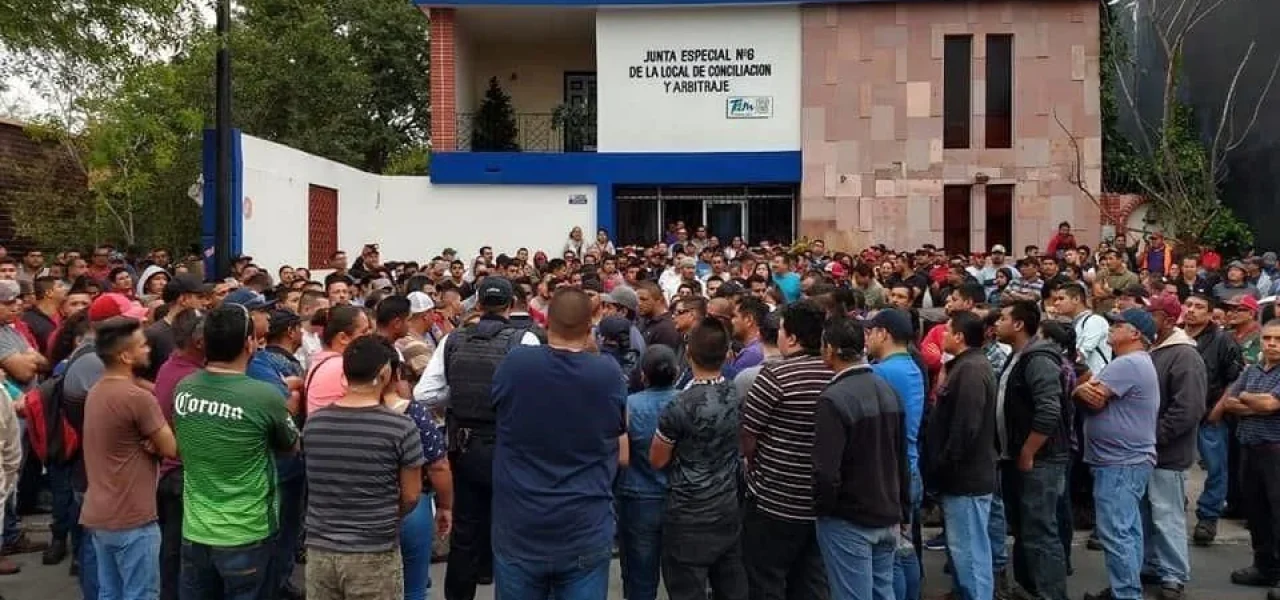Unions aim at sectors such as construction, commerce, restaurants and retail, since more applications for Representativeness Certifications have been received for those sectors, which is the way by which those organizations seek to obtain a collective agreement.
“These activities represent a significant portion of employment in Mexico, which explains why they are a focal point for union organization,” states an analysis by the De la Vega & Martínez Law firm.
It also disclosed that 10 thousand applications for Representativeness Certifications were filed all over the country during 2024.
These were 10 thousand attempts by unions to enter union-free companies. So many applications had not been filed since the labor reform”, stated the analysis, prepared by Attorney Enrique Conde.
He explained that the union outlook in the Country has changed, arising from the 2019 labor reform, since those organizations are facing new rules to prove that they actually represent workers.
One of these rules is that they must obtain a Certification of Representativeness, which is a document that validates that they have sufficient support to negotiate on behalf of the workforce of a company.
During the first three months of 2025, there was a slight decrease in the total number of certifications requested, as compared to the same period in 2024.
However, this does not mean that unions are inactive, since many choose other ways to claim representativeness.
“They have chosen to use union representation claims which also allow to contend for a collective agreement”, explained Conde, partner at De la Vega & Martínez Rojas.
The difference is that, when applying for a Certification of Representativeness, they intend to enter to a union-free company, while unions claim representation intending to enter a company where an established union is already present.
In terms of states, Mexico City, State of Mexico, Jalisco, Nuevo León and Querétaro concentrate more than 50 per cent of applications for certification.
“It is no casual, since those are also the states with a higher business and companies density, as well as economic activity. This is where those productive centers, industrial parks, and service entities that create more formal jobs are located, and therefore, cause greater union interest,” explained the specialist.
He added that certifications of representativeness allow to understand which sectors and regions are experiencing the most union changes. They also show the events in the labor environment, allowing companies and workers to anticipate changes in their relations.



